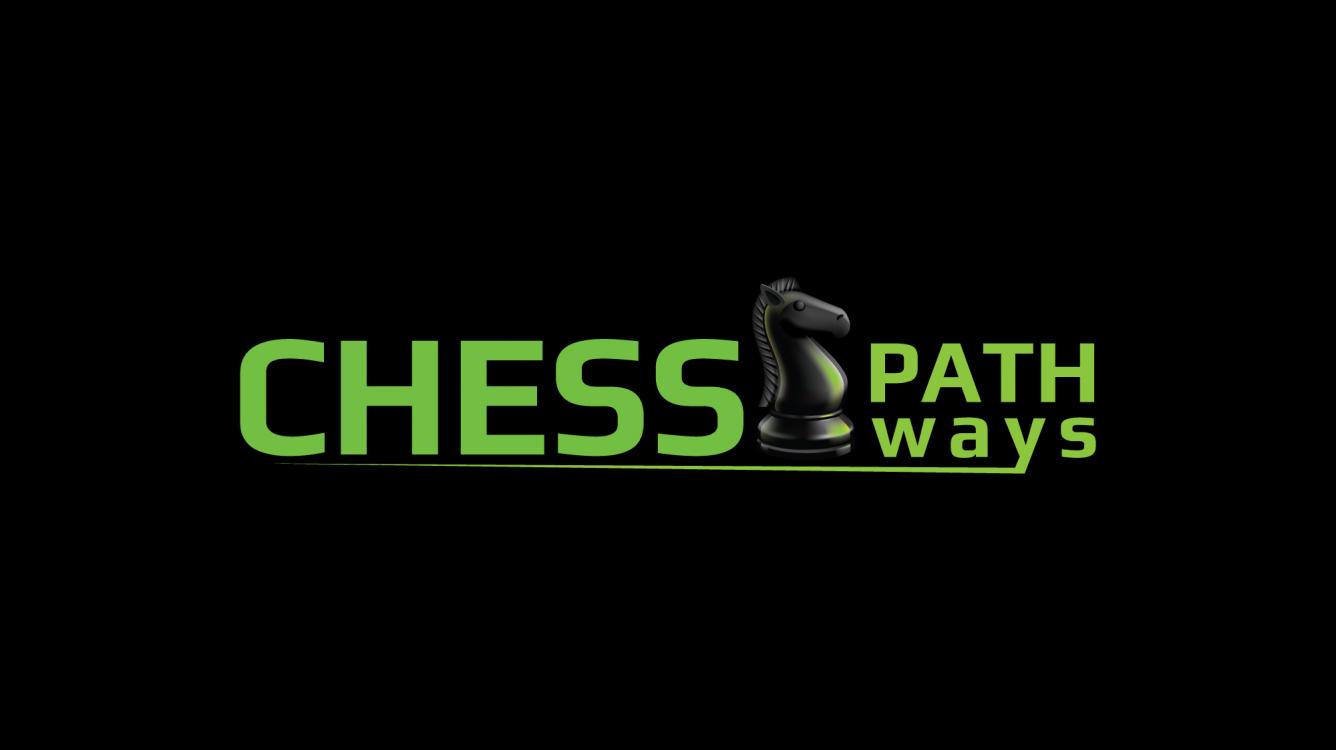
5 Keys to becoming a CHESS MASTER...as an adult!
"Is it too late for me to become a Master?"
It's a question that titled players are asked all the time. We see young prodigies become masters by the age of 12...but how often do adult chess players succeed in breaking into the highest echelons of the chess world?
If you put in the work, it's possible. I know because I became a Master as an adult myself!
I founded ChessPathways.com to show more players how to achieve their chess goals, and to help them along the way, and I'm often asked by our members how they can replicate my success. So without further ado:
Here are 5 keys to becoming a master as an adult:
1. Be curious
When you lose a game, do you go back and figure out why?
If the computer recommends a move that it considers much better than the move you played, what do you do? Do you shrug and move on to the next game? Or do you do your best to consider how you would handle the position for both sides in both the "game line" and the "engine line" until you have a better understanding?
What if you still don't understand? Is it time to shrug and move on, or do you reach out to the chess community with a well-written post on a chess forum or website, explaining your thought process and asking for feedback from stronger players?
Be curious. Never shrug and move on. Always seek to expand your chess knowledge.
2. Balance study and play
As adults, many of us have a strong natural tendency to favor "learning" over "doing" or vice versa. I've met players who do nothing but play chess games all day long (and keep making the same mistakes over and over again), and I've met others who watch videos and read books to their heart's content, but are lucky if they play one long-time-control chess game in a month!
You have to find a balance. You cannot become a chess master by reading about chess and watching others play chess - you have to PLAY. You also cannot become a master by playing without consistently studying, learning, analyzing, and improving.
If you're trying to learn a new opening, for instance - go ahead and buy a good book on it, watch videos, pour over annotated master games, make sure you understand all the key variations and middlegame plans. All of this is crucial - but then you have to implement it!
3. Lose your fear of failure
Mastering chess is a years-long endeavor. You're going to lose hundreds if not thousands of chess games along the way. If you get discouraged easily, it's going to be a tough journey.
When kid after kid defeats you at a chess tournament, some adults give up on chess. Their egos can't handle losing to children - even when these children likely have far more chess experience than they have! Other players try to play mostly weaker players, so they win more and feel better about themselves.
This isn't how masters think! Every loss is a learning opportunity. I've learned far more from my losses than from my victories. Seek to play stronger opponents whenever you can, and learn from the games. The best opponents are those that are slightly stronger than yourself.
4. Focus on what matters most
We've all heard of the Pareto Principle, or the "80/20 rule." 80 percent of our success comes from 20 percent of the effort. Our time is limited, and we have to use it effectively. Two hours of high-impact chess training is more beneficial than ten hours of playing bullet.
Are you playing long-time-control games and analyzing them afterwards? Are you solving tactics puzzles that challenge you, and reviewing the ones you miss? It's easy to misuse our time when there are so many options, so it's important to focus on the activities with the highest impact.
5. Keep it fun
You'll never be able to become a master if you don't enjoy chess - your motivation will eventually give out. Keep chess fun. Vary your training techniques. Meet other chess players to function as a support system.
If you keep working hard and never give up, you might be able to achieve more than you thought possible. Don't forget to join our community for free at ChessPathways.com - I'll send you a "Move by Move Guide to Chess Thinking" when you sign up, and it only takes a couple seconds!
